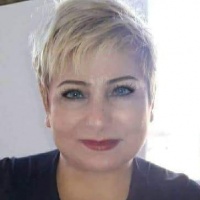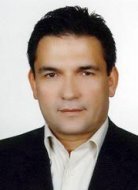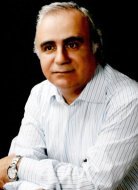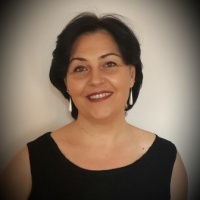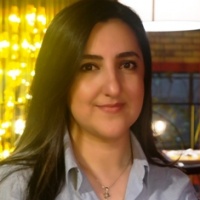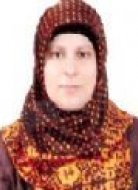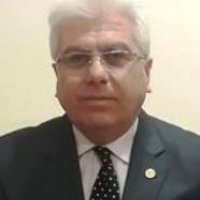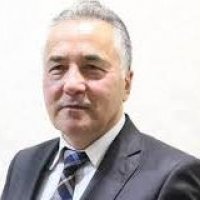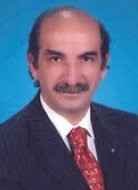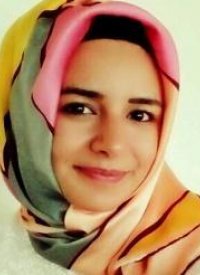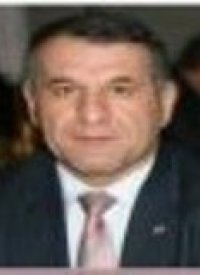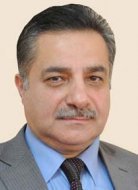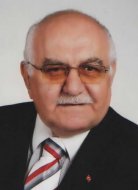Istanbul, April 8 () - The Peoples’ Democratic Party (HDP) candidate list for the June 7 parliamentary elections mirrors its resolve to embrace different segments of society in order to reach its ambitious goal of exceeding the 10 percent election threshold by deciding to enter the elections as a party.
Of the 550 seats in the Turkish parliament, nominees for 268 of them were allocated to women by the HDP, its co-chair Selahattin Demirtaş told daily Hürriyet in a recent interview, saying one of his party’s priorities was gender equality.
In addition to both veteran and young figures of the Kurdish political movement, in constituencies where the HDP is likely to win, candidates vary from socialists to pious Muslims, individuals from ethnic and religious minorities, activists from lesbian, gay, bisexual, transgender and intersex (LGBTI) groups, and an outspoken conscientious objector.
Aiming to attract Alevi voters, the HDP nominated senior Alevi opinion leaders and activists such as Müslüm Doğan, the president of the Pir Sultan Abdal Cultural Association (PSAKD), and Turgut Öker, the president of the Confederation of European Alevi Unions (AABK).
Adem Özcaner of the Azadi (Freedom) Initiative from the Kurdish Election Alliance Platform and İmam Taşçıer of the Revolutionary Democratic Kurdish Association (DDKD) also appear on the HDP’s list displayed the party’s eagerness to pursue an inclusive approach in regards to representation of nuanced policies within the Kurdish political movement.
Karabet (Garo) Paylan and Murat Mıhçı of the Armenian community, Feleknas Uca of the Yazidi (or Ezidi) minority, who is also a former member of the European Parliament for Germany, and Erol Dora of Syriac ethnic origin, as well as Circassian and Roma individuals, also found a place on the HDP’s list.
İmralı delegation and co-chairs
Demirtaş and Deputy Parliamentary Group Chair Pervin Buldan, a frequent visitor to Abdullah Öcalan, the jailed leader of the outlawed Kurdistan Workers’ Party (PKK), as part of HDP delegations within the peace process, have been exempted from a rule in the party’s internal regulations limiting deputies to two consecutive terms in parliament.
Accordingly, both Demirtaş and Buldan are nominated from Istanbul, while the other co-chair of the party, Figen Yüksekdağ, was nominated from Van.
Another frequent visitor of Öcalan, Deputy Parliamentary Group Chair İdris Baluken, was nominated from Diyarbakır, while another visitor, Sırrı Süreyya Önder, was nominated from Ankara.
Dilek Öcalan, the jailed PKK head’s niece, was nominated from Şanlıurfa, while prominent Kurdish political figure Leyla Zana was nominated from Ağrı.
Dengir Mir Mehmet Fırat, a former deputy and a founding member of the ruling Justice and Development Party (AKP), was nominated from Mersin, while Mithat Sancar, an academic who was a member of the “Wise Persons Committee” initiated by the government as part of the peace process, was nominated from Mardin and former Diyarbakır Mayor Osman Baydemir was nominated in Şanlıurfa.
Gülsen Ülker, a prominent feminist activist, and Nuray Erçağan were on also on the HDP ticket. Erçağan is the mother of a young Gezi protester, Ayşe Deniz Karacagil, who became publicly known as “the girl with the red foulard.”
Karacagil, 22, facing up to 98 years in prison for participating in the Gezi Park demonstrations in 2013, joined the outlawed PKK after being released from a four month-long custody.






